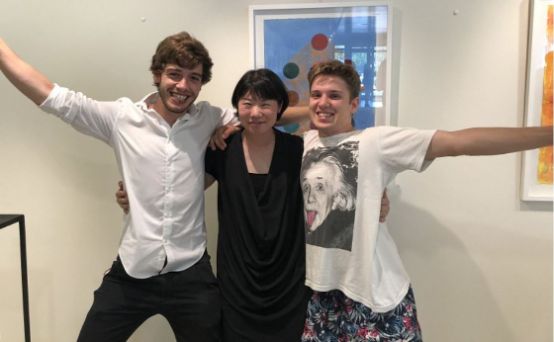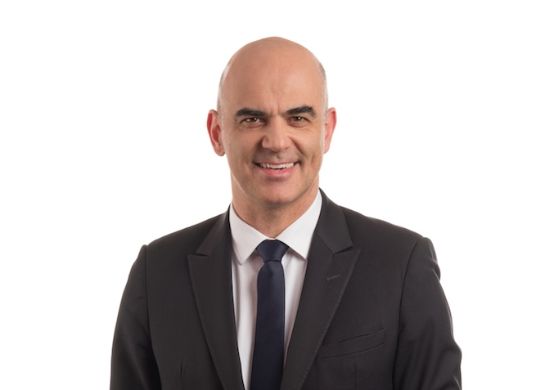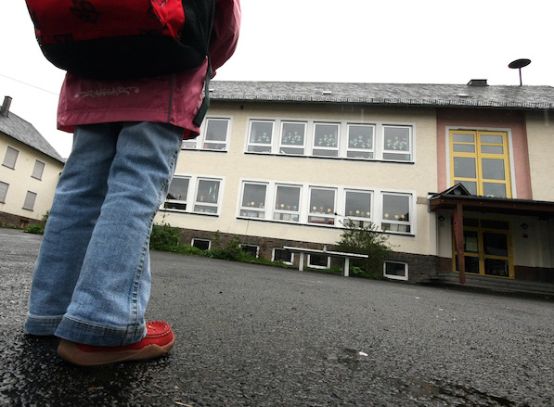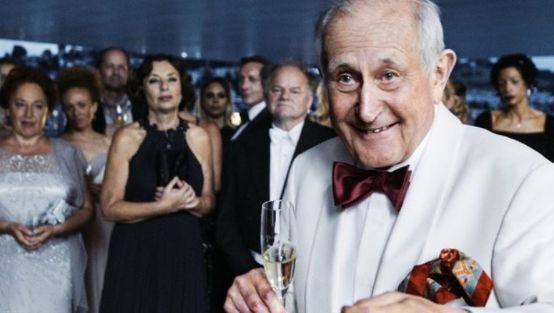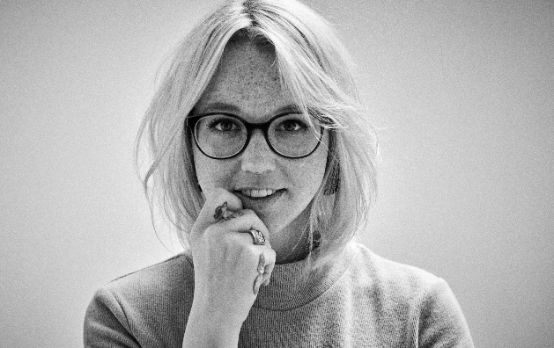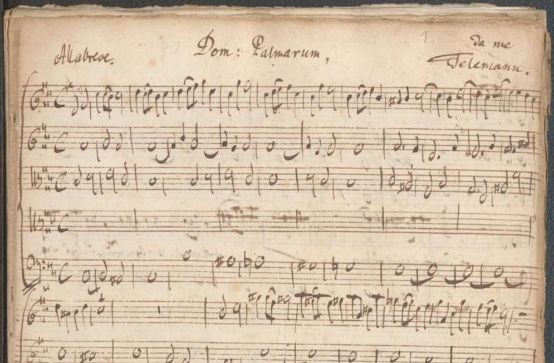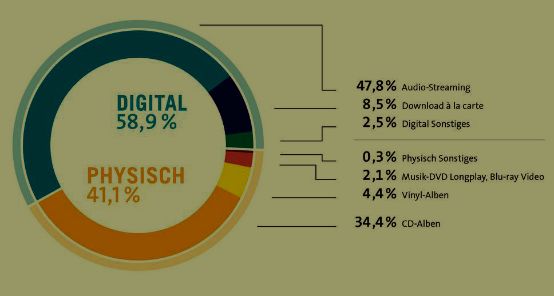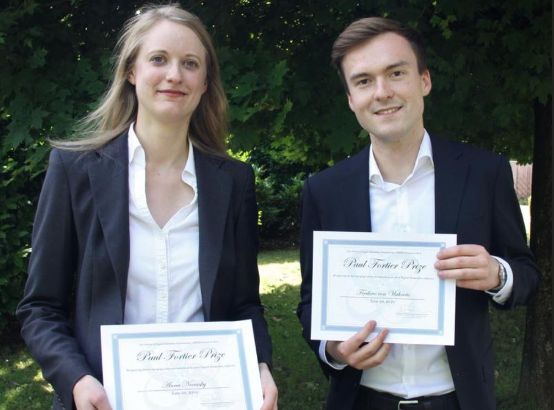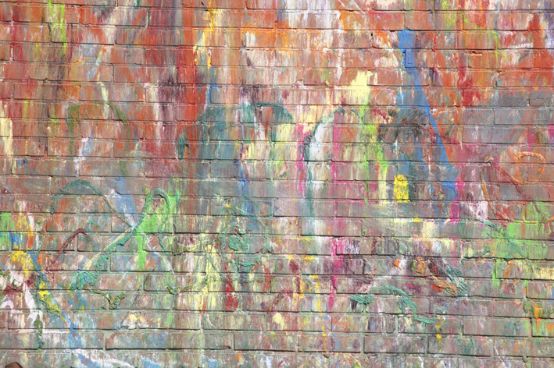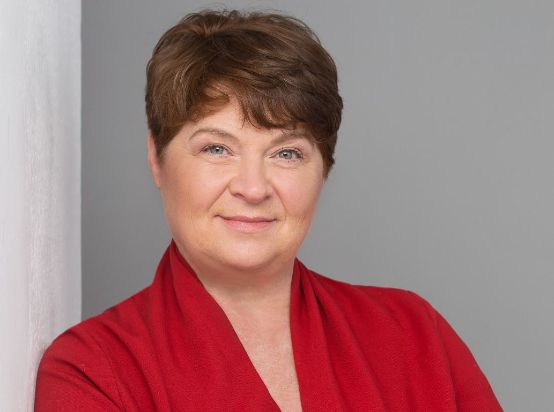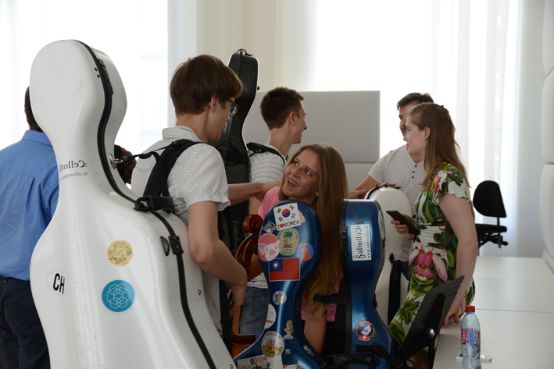The master class model turned on its head
More room for exchange at eye level and an increasing proportion of women: the Darmstadt summer courses are changing. This is also reflected in the impressions of three participants from Switzerland.
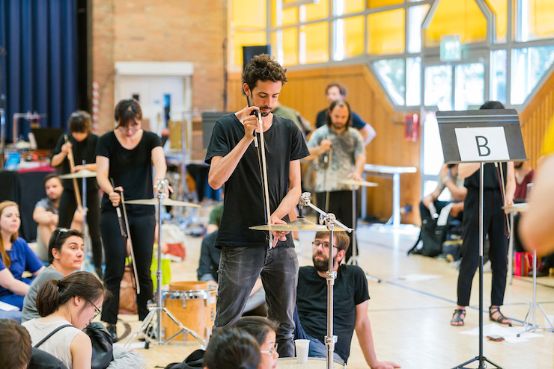
A teacher speaks, a learner performs, the class watches attentively: In the traditional model for master classes, the hierarchies are clearly defined. This learning situation is still used in the Darmstadt summer courses, but the lasting impetus is now increasingly coming from other formats. Since Thomas Schäfer took over the artistic direction of the courses in 2009, the exchange has become greater and more diverse. This year, participants in the academy were able to take part in various workshops on very different topics such as collective composing, working in public spaces and artistic research. In the area of discourse, the lecture format was also loosened up to include various forms of participation. Finally, the "Open Space", the place for self-initiated performances, is now so well established that the various rooms were already occupied in the first of the two weeks. Schäfer draws on the image of Plato's "philosophical garden" to describe the fact that very different players from a wide range of backgrounds with diverse knowledge, skills and goals come together in Darmstadt to learn with and from each other, to live and work together for a certain period of time - in other words, to create open spaces for the development of new ideas.
Teaching and learning at eye level
Personal insights into the various forms of the expansive Darmstadt think tank are provided by three participants who have traveled from Switzerland. The 24-year-old harpist Rahel Schweizer has just completed her master's degree in pedagogy with Sarah O'Brien in Zurich and is involved in various ensembles, theater groups and a band. Lecturer Gunnhildur Einarsdóttir is responsible for new initiatives in the harp class in Darmstadt and has invited her to the "Composing for Harp" workshop and chamber sessions in addition to the master classes ("Studios"). Schweizer appreciates the diversity of the selected compositions and the openness in rehearsals: "I particularly like the experimental idea that everything can be tried out - and initially without judgment." In a rehearsal with the British composer Oliver Thurley, Schweizer works on the realization of the sounds with thimbles on the strings, deliberately pushing the boundaries of what is possible. Among other things, for this piece entitled a horizon, gloa on the forest floor Thurley is awarded the Kranichstein Music Prize for Composition.
Working together as a group is also important in Christian Dierstein and Håkon Stene's drum studio. For the concert Hearing Metal and Nylonwhich takes the form of a parcours through the rooms of the Edith-Stein-Schule, and for the open-air performance of the "Nature Theater of Darmstadt" workshop, the processes need to be carefully coordinated. The 27-year-old Frenchman Corentin Marillier, who is currently studying for a Master's degree in Interpretation of Contemporary Music with Pascal Pons at the Lucerne University of Applied Sciences and Arts, has not come here primarily to work on his own technique or playing style, but to meet people and reflect on his own work - which, as he says, is happening here at a very high level.
Shifting the gender balance
According to Lucerne-based composer and pianist Asia Ahmetjanova, the climate at the Darmstadt Summer Course has changed noticeably. The 26-year-old Latvian had already taken part as a composer in the summer of 2014 and found the atmosphere back then to be competitive in a negative sense and inhibiting for her work. This year, she was invited to write a new composition for the "Encounterpoints" workshop with Yaron Deutsch (guitar), Uli Fussenegger (double bass) and Carlo Laurenzi (sound direction). The piece Motivation is rehearsed in a collegial yet challenging atmosphere. Ahmetjanova attributes the more open, informal atmosphere to the higher proportion of female teachers and participants in this year's courses. In fact, the Darmstadt Summer Course team has long been committed to promoting equal opportunities and diversity. For example, greater involvement of female lecturers creates role models. This year, a temporary quota system in the composition courses has also led to an immediate and visible change. With these initiatives, the weighting of participants (42% female composers) and lecturers in composition (12 female composers and 14 male composers) has shifted significantly, while the topics of gender and diversity are reflected in detail at the "Defragmentation" conference.







